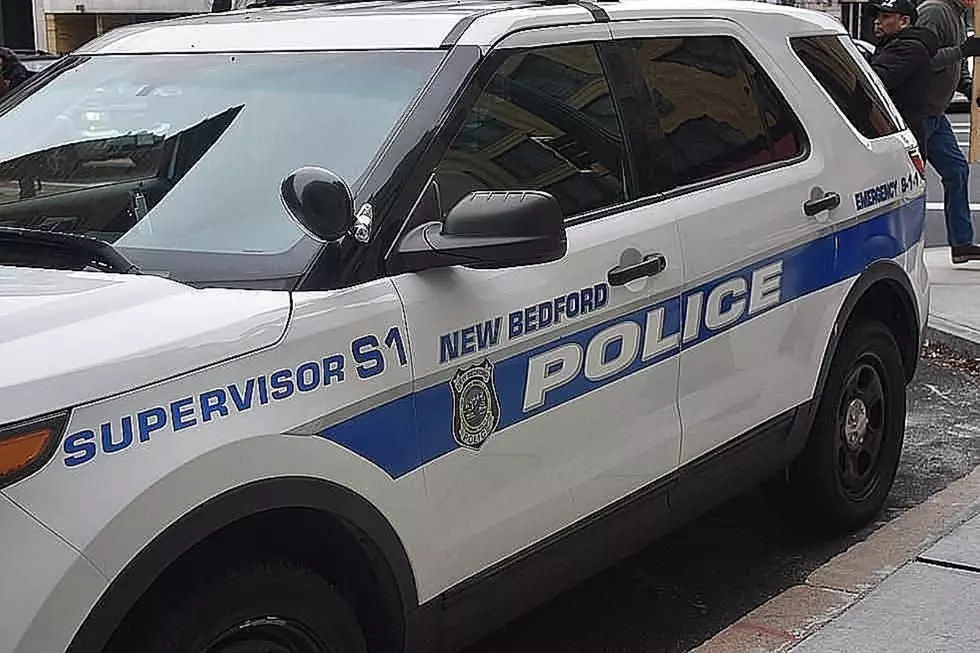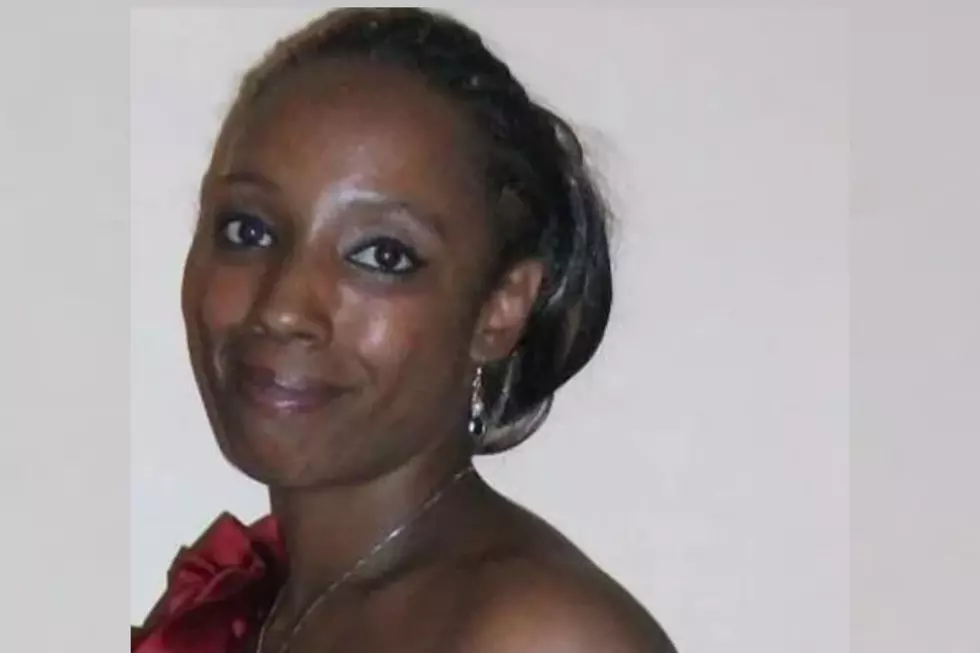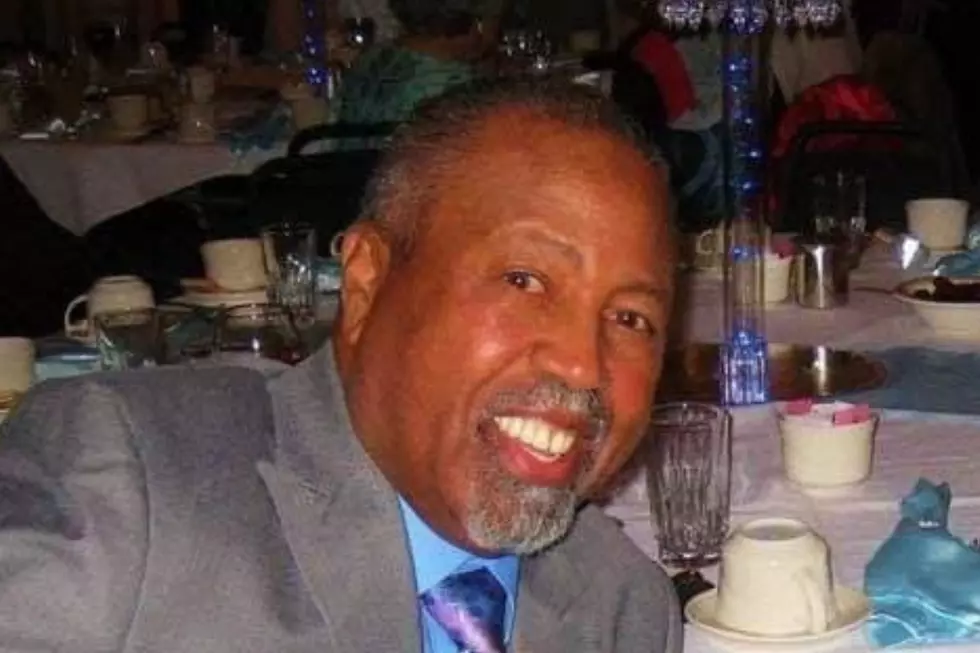
Dartmouth Responds To New Bedford On Opioid Crisis
Dartmouth Select Board Chairman Shawn McDonald says we need new tactics to win the war on drugs.
At Monday's meeting, the board discussed a recent letter sent by New Bedford's City Council regarding the surrounding area's resources for drug treatment.
McDonald praised the town of Gloucester's approach to the opioid crisis, saying Dartmouth and other communities should consider the same stance.
"The police department have basically said to it's drug using population, 'Come to us, we'll get you help. No questions asked,' and that program has taken off. I think that's something that needs to be looked at for all of us," McDonald says.
Board member Frank Gracie spoke about his wife's struggle with doctors pushing pain medication, as she continuously refused to take anything stronger than an occasional Aleve. Gracie talked about doctor policies and their system to keep patients ahead of pain by prescribing opiates for before, during, and after procedures.
Eventually, Gracie says, many patients end up addicted to prescription drugs, with some turning to street drugs.
According to the board, Dartmouth has a number of drug treatment facilities, including the Southcoast Behavioral Health facility on Faunce Corner Rd, along with an opioid prevention group headed by the town's Health Director Christopher Michaud, and Youth Advocate Jennifer Cabral.
The board says they will send this information to New Bedford's City Council, along with a request to form a mutual drug task force between the two communities.
As for the City Council's letter itself, Select Board members didn't appreciate the tone.
While it asks surrounding towns about what planning they've put into place to face the opioid crisis, it also hints that residents of Dartmouth, Fairhaven, and other towns are part of New Bedford's problem.
The letter says, "The resources of the City of New Bedford are being exhausted due to the influx of residents of these surrounding towns coming to New Bedford and expending our services."
Gracie tells WBSM News the letter was likely written out of frustration with a tough issue.
He says, "To me, they should've asked more about, 'This is a problem and how can we all work together to resolve this?' as opposed to, 'What are you folks doing to resolve this?"
More From WFHN-FM/FUN 107









